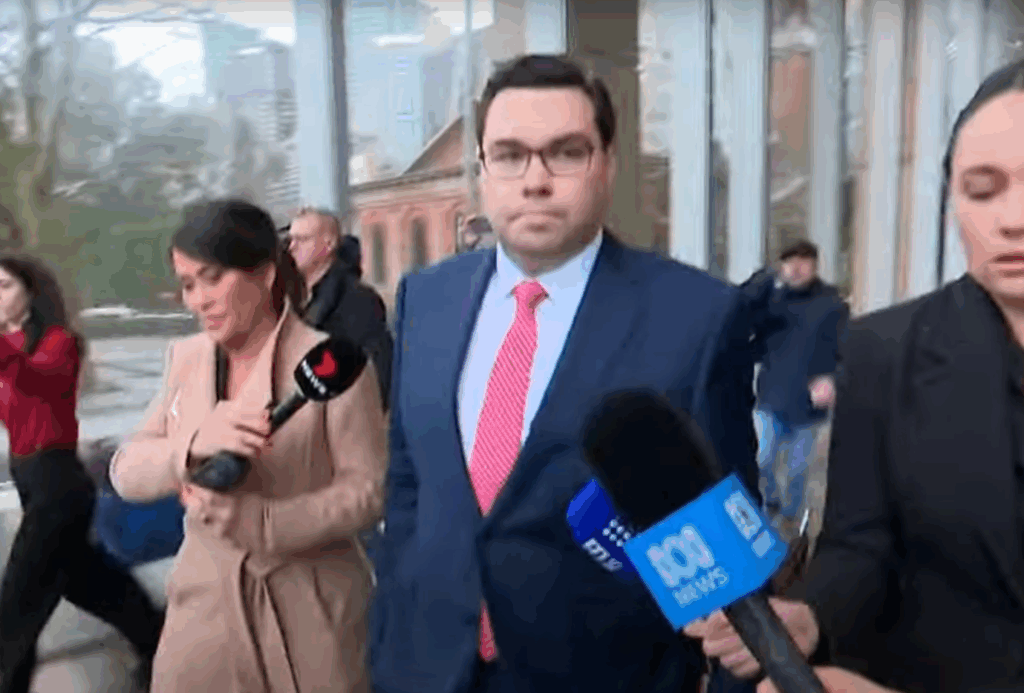High-profile rape cases in Australia rarely stay confined to the courtroom. They become spectacles where survivors are stripped of humanity and turned into symbols liars, martyrs, political pawns. Brittany Higgins has lived that reality. Her case has been dissected not as the story of a woman who was harmed, but as a cultural battlefield where everyone else’s agenda takes precedence over her dignity.
Now, in Bruce Lehrmann’s appeal, his solicitor Zali Burrows argued that Justice Michael Lee erred by finding Lehrmann raped Higgins “non-violently.” The judges were blunt: they couldn’t see what she was getting at. Legally, they were right. In Australia, rape is defined by the absence of consent not by whether a fist was raised or a weapon used.
But here’s the danger: outside the courtroom, our community already buys this logic. Australians still divide rape into categories: the “real” rape of a stranger in a dark alley, and everything else, which gets downgraded to regret, miscommunication, or gossip. The 2024 National Community Attitudes Survey found one in three Australians think rape is just men “not being able to control themselves,” and one in five believe women exaggerate or make it up. For too many, if there’s no visible violence, it’s not really rape.
That’s why Burrows’ language matters. Even if it fails as a legal submission, it feeds directly into cultural myths survivors have been battling for generations. It is cultural gaslighting: an attempt to reframe rape as something negotiable, a hierarchy where some violations matter and others are softened or dismissed. It tells survivors their experience might not count, that they should doubt themselves, that unless they fit a stereotype, they can expect disbelief.
And we’ve already seen the cost of that. Higgins has been subjected to the full spectrum of dehumanisation: dragged through an abandoned criminal trial, scrutinised in a defamation suit, attacked online. She has been recast as everything from a feminist icon to a national nuisance every label except what she is: a woman who reported being raped in her workplace.
The language of “soft rape” also flies in the face of evidence. ANROWS’s longitudinal research, tracking nearly 60,000 Australian women across 30 years, shows sexual violence of any kind leaves deep scars: poorer mental health, disrupted education, financial insecurity, and higher lifetime health costs. There is no sliding scale of harm. There is no “soft rape.” There is rape, and it always causes damage.
And this comes at a time when sexual violence is at a 31-year high in Australia. ABS data shows one in five women have experienced sexual violence since the age of 15, yet reporting rates are falling. We already know sexual violence is one of the most underreported crimes; the fact fewer survivors are turning to police reflects a collapse of confidence in the very systems meant to protect them. When courts or lawyers’ debate “non-violent rape,” it entrenches that mistrust. Why would survivors come forward when even the legal system seems to be arguing over whether their experiences count?
Because rape culture is nothing new. For generations, women have been told their bodies are negotiable, their trauma is up for debate, and their worth depends on whether they fit the mould of the “perfect victim.” From police stations to parliaments, from tabloids to TV screens, the same script has been rehearsed again and again: minimise, doubt, excuse. Burrows’ “soft rape” framing isn’t radical. It’s just the latest echo of the myths that have always been used to silence and discredit survivors.
There is no such thing as “soft rape.” There is only rape. Until our institutions; courts, media, politics can say that without qualification, survivors will continue to be failed in the very spaces where they most need recognition and care.
If you or someone you know is experiencing, or at risk of experiencing, domestic, family or sexual violence, call 1800RESPECT on 1800 737 732, text 0458 737 732 or visit 1800RESPECT.org.au for online chat and video call services.
If you are concerned about your behaviour or use of violence, you can contact the Men’s Referral Service on 1300 766 491 or visit http://www.ntv.org.au.

